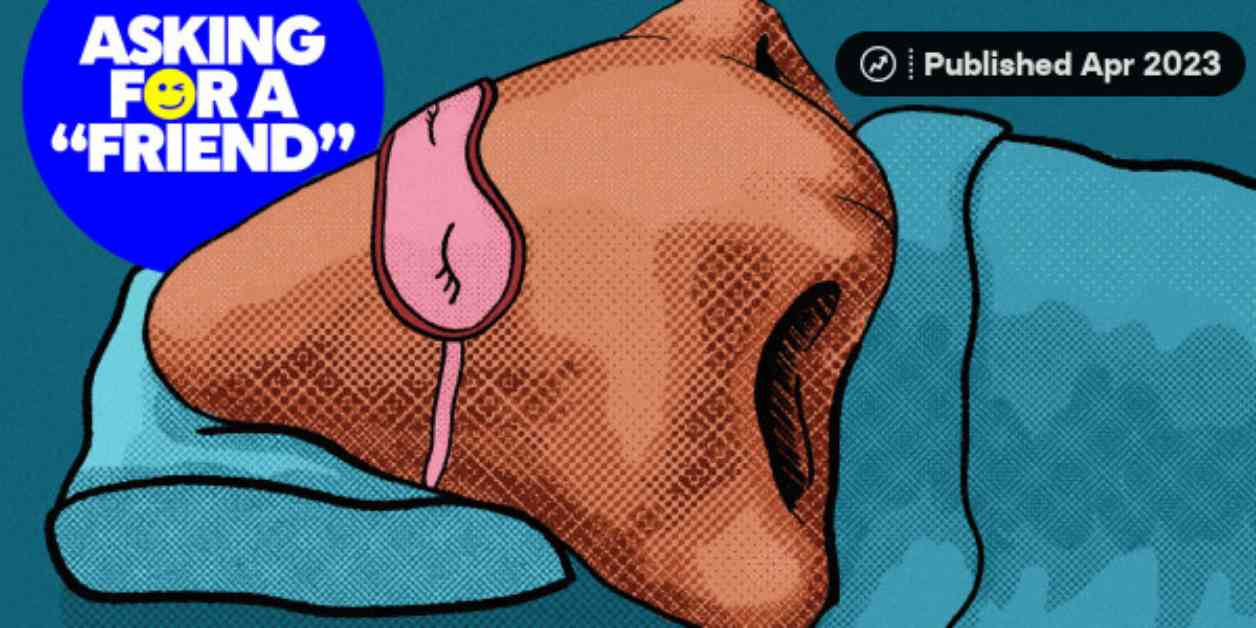Dear Reader,
Do you ever find yourself tossing and turning all night, struggling to breathe through your stuffed-up nose, only to wake up the next morning feeling groggy and irritable? You’re not alone. Nighttime congestion can be a real nuisance, impacting your sleep quality and overall well-being. But fear not, there are solutions to help you combat this common issue and get a good night’s rest.
Understanding the Causes of Nighttime Congestion
Nighttime congestion is a prevalent problem that many people experience, often leading to discomfort and disrupted sleep. While occasional congestion may not be a cause for concern, persistent symptoms can be a sign of underlying issues that need addressing. Here are some common reasons why you might be struggling to breathe through your nose at night:
### Increased Blood Flow to the Head
When you lie down to sleep, blood flow to your head increases, causing the blood vessels in your nasal passages to swell and become congested. This can make it difficult to breathe through your nose, leading to discomfort and sleep disturbances.
### Allergens and Irritants in Your Home
Your home is filled with potential triggers for nasal congestion, including pet dander, dust, mold, and pollen. These allergens can exacerbate your symptoms, making it harder to breathe comfortably at night.
### Medication Side Effects
Certain medications, such as ibuprofen, beta blockers, and antidepressants, can cause nasal congestion as a side effect. If you suspect that your medication might be contributing to your symptoms, it’s essential to speak with your doctor about potential alternatives.
### Structural Abnormalities in the Nose
Structural issues like nasal polyps, a deviated septum, or swollen turbinates can also lead to nighttime congestion. If you suspect that you have a structural abnormality, consult with an ear, nose, and throat specialist for further evaluation.
### Stress and Immune Function
Stress can weaken your immune system, making you more susceptible to allergens and infections that can trigger nasal congestion. Finding ways to manage your stress levels, such as through meditation or relaxation techniques, may help alleviate your symptoms.
Combatting Nighttime Congestion
If you’re struggling with nighttime congestion, there are several steps you can take to improve your breathing and sleep quality. Here are some practical tips to help you breathe easier at night:
### Elevate Your Head While Sleeping
Propping up your head with pillows can help reduce nasal congestion by promoting better airflow and drainage. Experiment with different sleeping positions to find the most comfortable and effective way to alleviate your symptoms.
### Eliminate Allergens in Your Home
Take proactive measures to reduce allergens in your living space, such as using an air purifier, washing bedding regularly, and keeping pets out of your bedroom. Creating a clean and allergen-free environment can help minimize your risk of nighttime congestion.
### Stay Hydrated and Practice Good Sleep Hygiene
Drinking plenty of water throughout the day can help thin mucus and keep your nasal passages moist. Additionally, practicing good sleep hygiene, such as avoiding caffeine and alcohol before bed, can promote better sleep quality and reduce nighttime congestion.
### Consult with a Healthcare Professional
If your nighttime congestion persists despite trying these remedies, it’s essential to seek guidance from a healthcare professional. An otolaryngologist can help diagnose the underlying cause of your symptoms and recommend appropriate treatment options to help you breathe easier at night.
In conclusion, nighttime congestion can be a frustrating and disruptive issue that impacts your quality of life. By understanding the causes of your symptoms and implementing practical solutions, you can take steps to improve your breathing and sleep quality. Remember, a good night’s sleep is essential for your overall health and well-being, so don’t let nasal congestion stand in your way. Take action today to breathe easier and sleep better tonight.


















